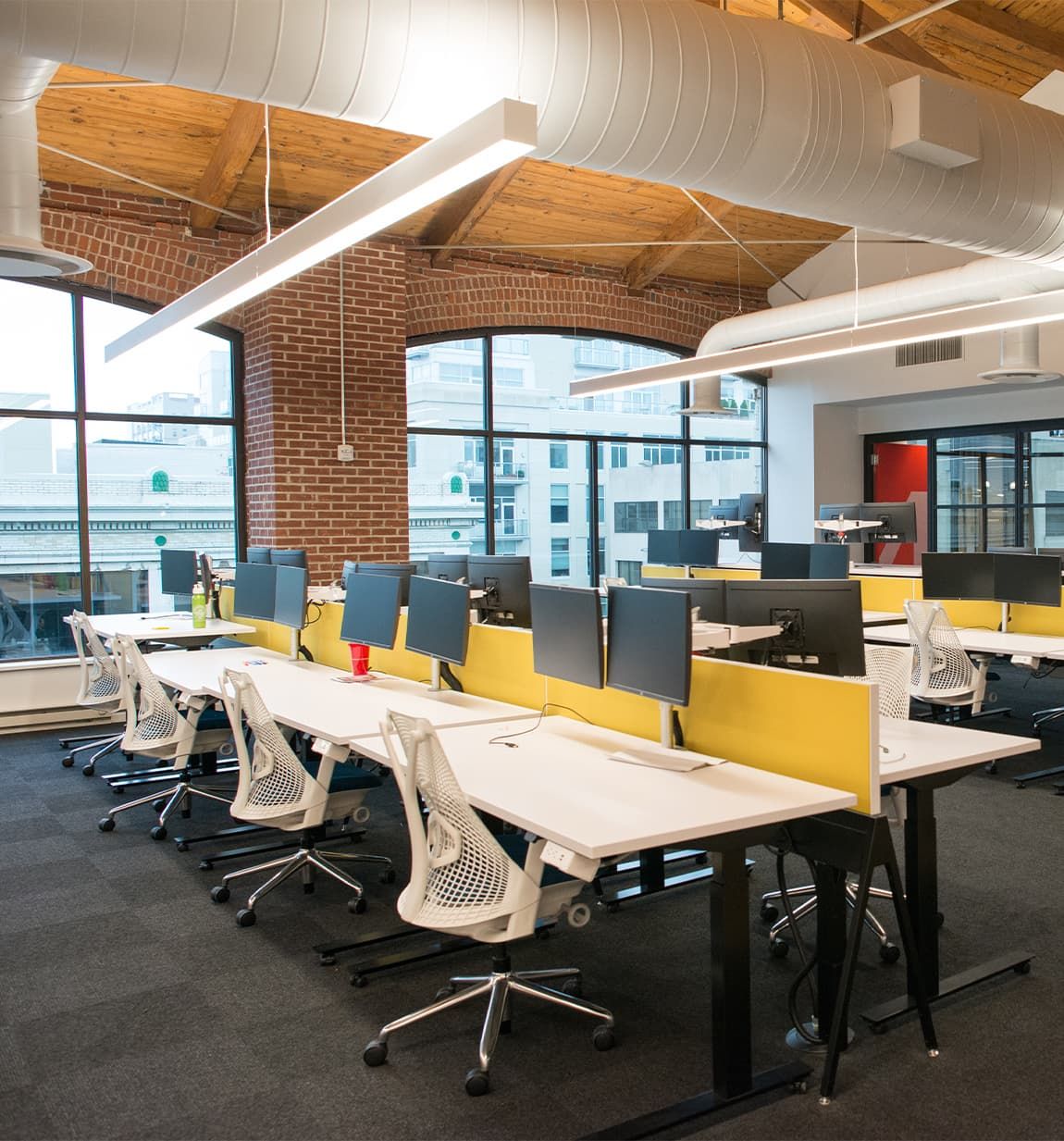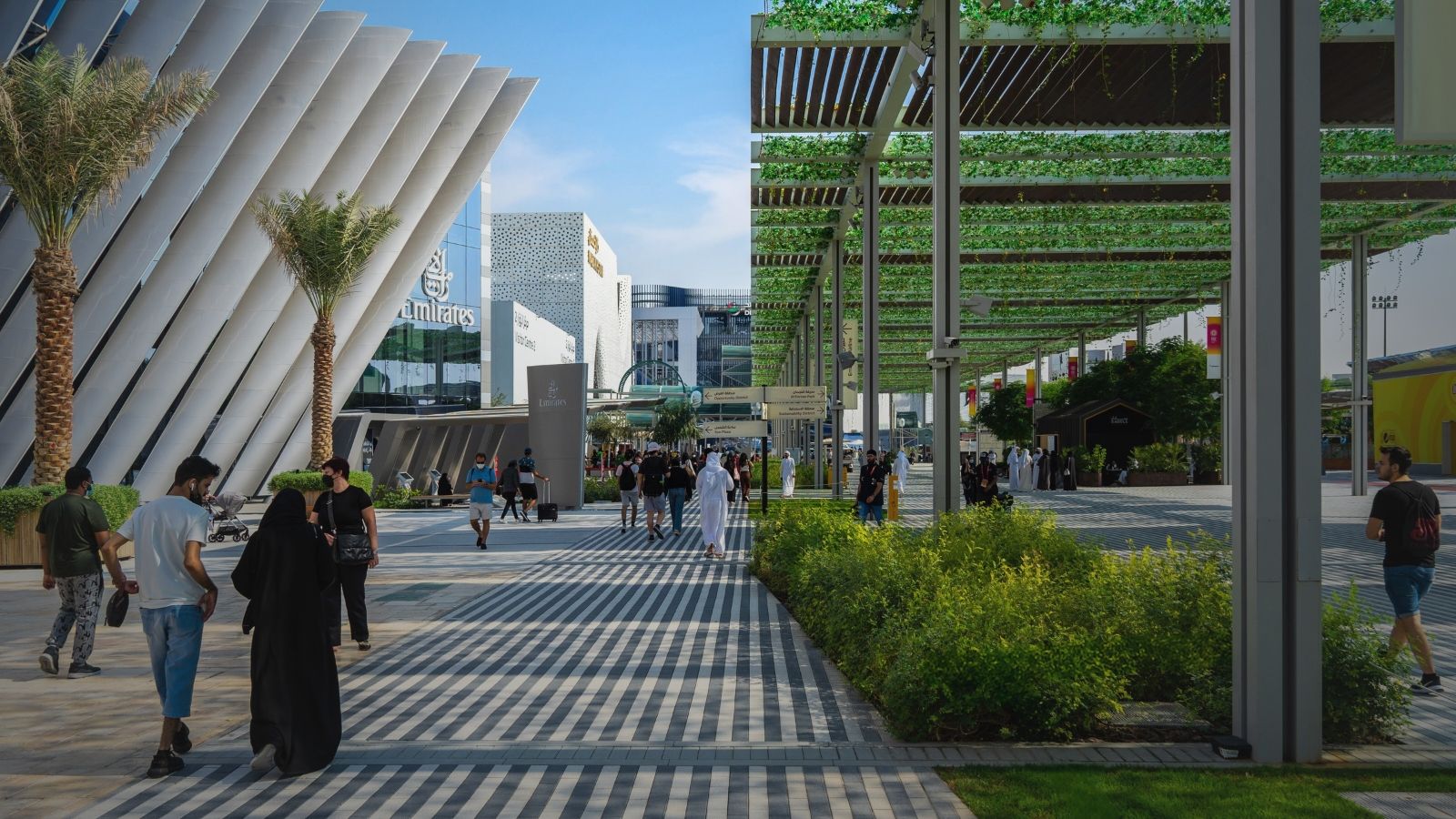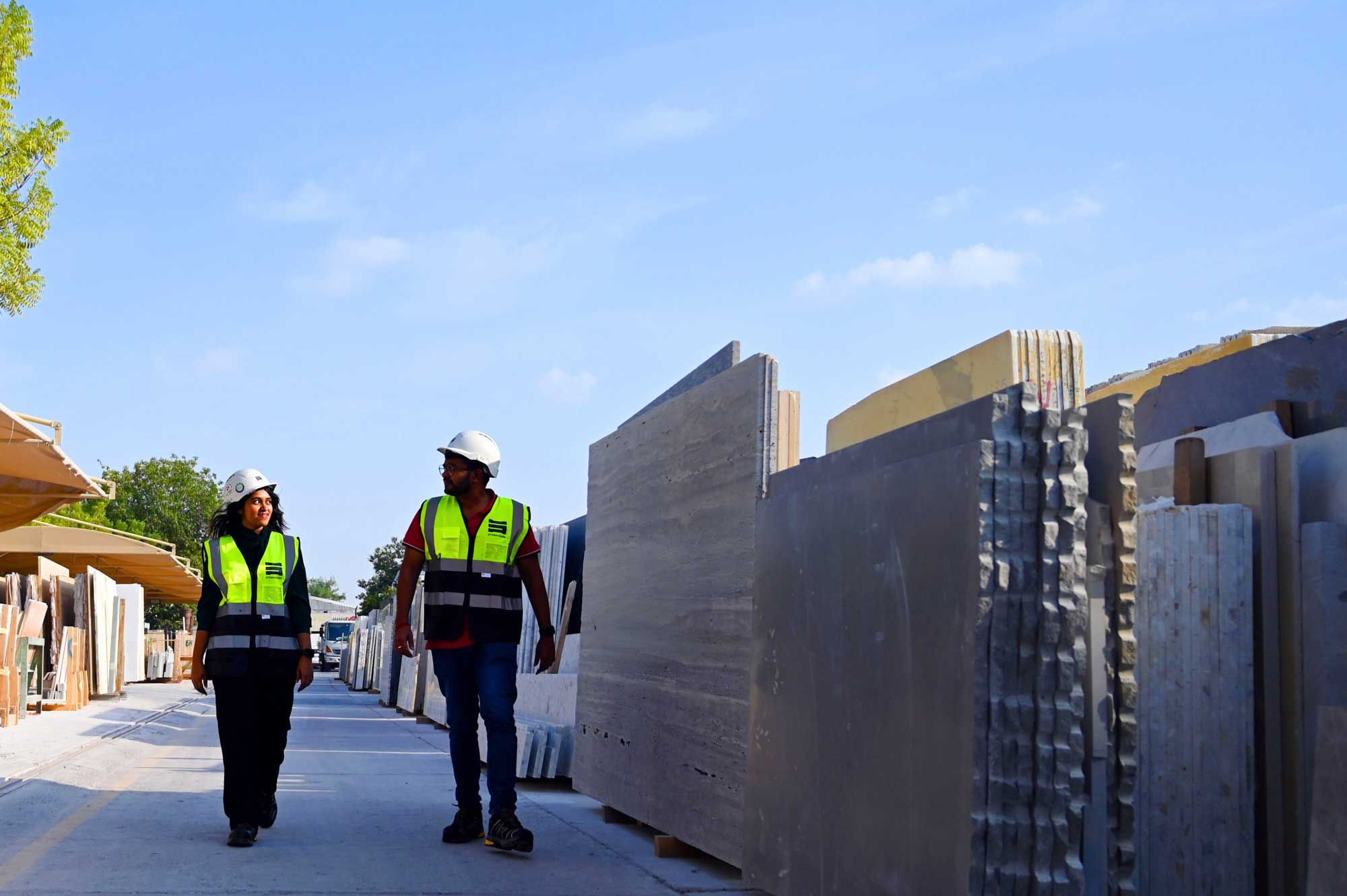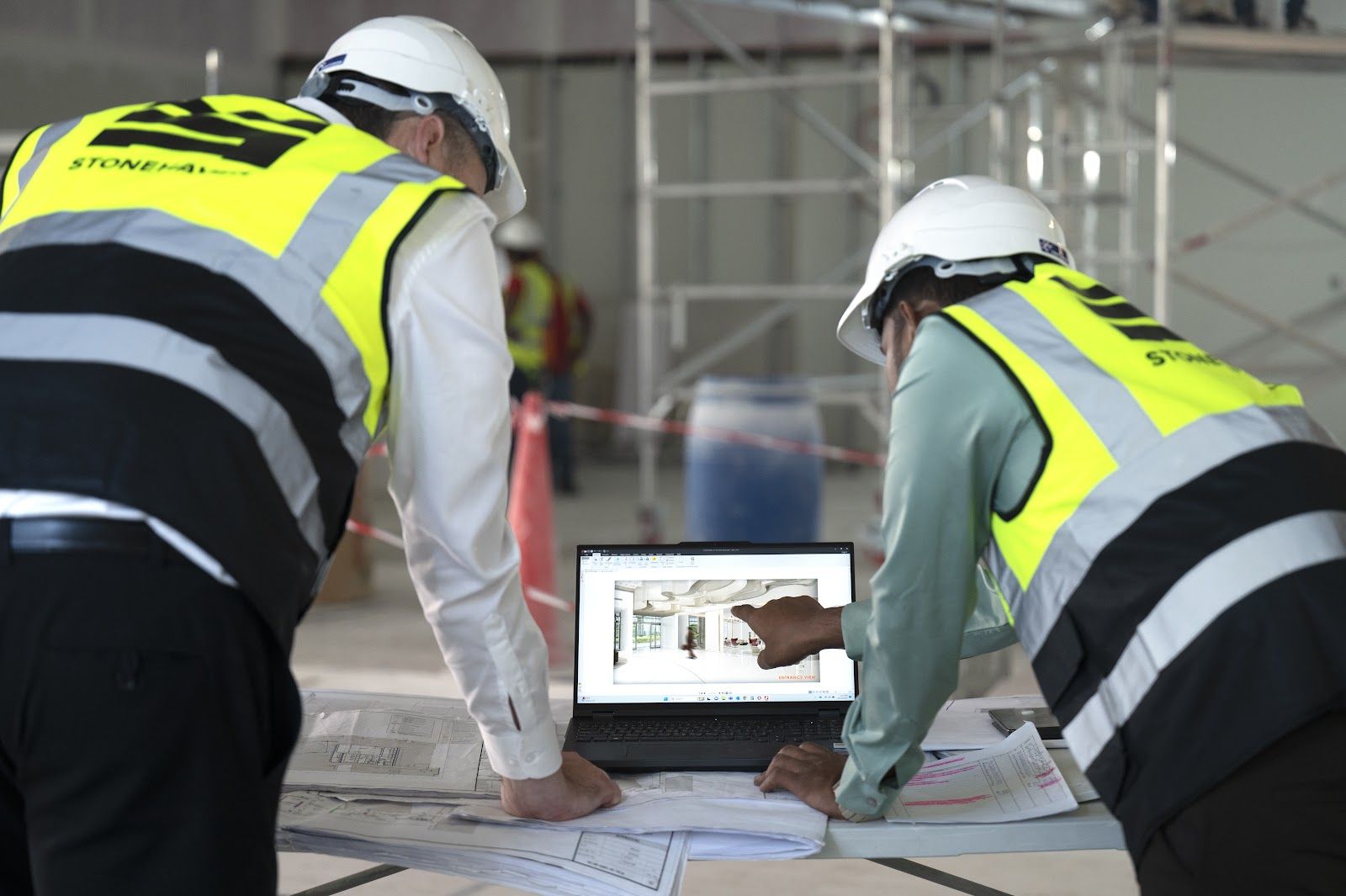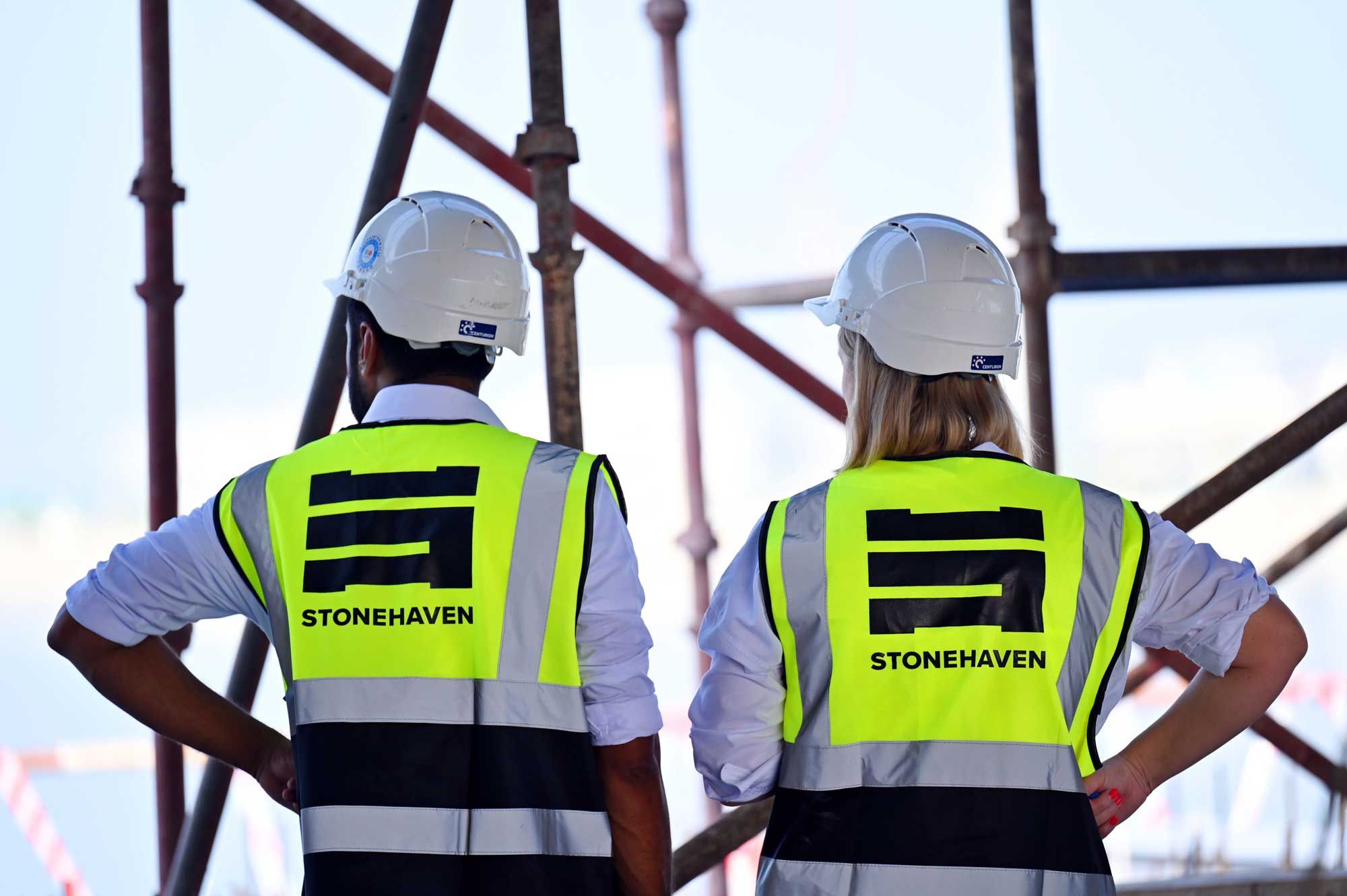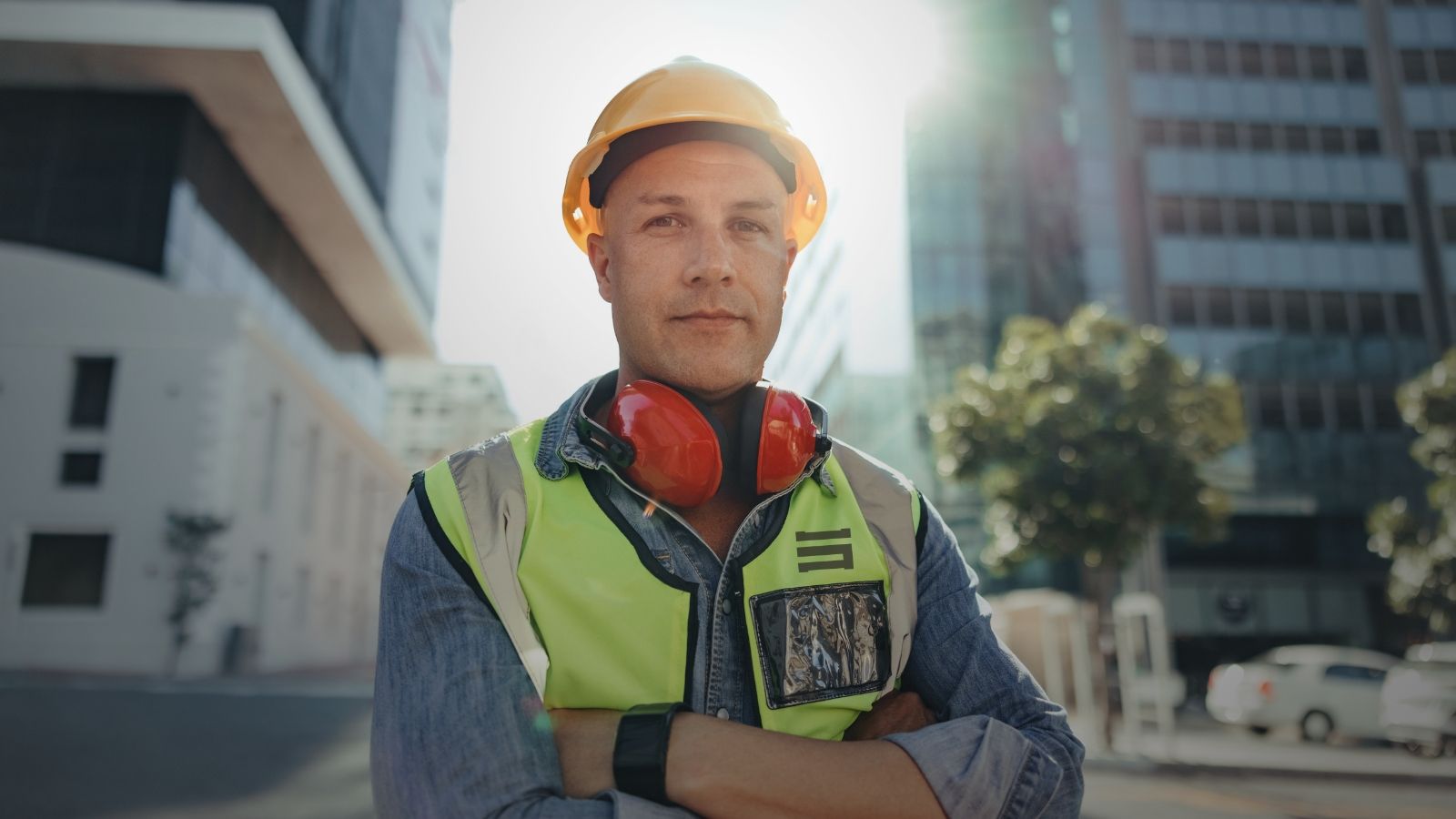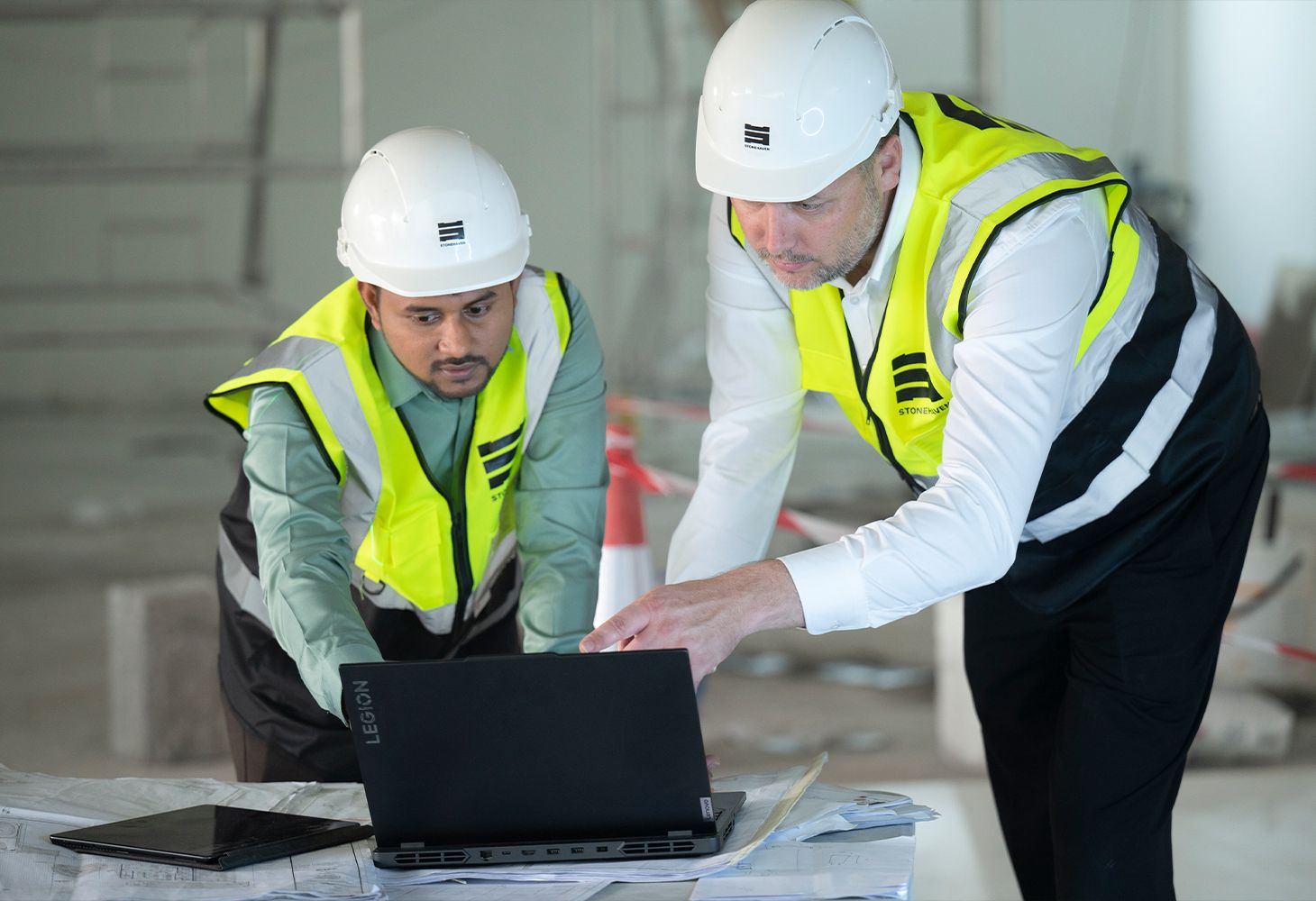In an era marked by climate change, rising sea levels, and increasing coastal populations, the role of coastal engineering has never been more crucial. Coastal engineering isn't merely about fortifying shorelines; it’s about developing robust infrastructure solutions that protect ecosystems, sustain communities, and support long-term growth in coastal regions.
For the construction industry, coastal engineering consultants play a pivotal role in ensuring projects not only withstand environmental forces but also contribute to sustainable shoreline management.
What is Coastal Engineering?
Coastal engineering is a specialised branch of civil engineering focused on the design, construction, and maintenance of infrastructure along coastlines. This field addresses the unique challenges presented by coastal environments, such as erosion, tidal fluctuations, storm surges, and rising sea levels. By blending structural and environmental science, coastal engineers work to protect infrastructure and natural habitats while enhancing the resilience of coastal communities against environmental threats.
NASA reported that due to El Nino conditions in 2023, coastal flooding has intensified globally, with projections suggesting that such flooding events could become 5–10 times more frequent by 2050 in many regions. This increase in flood frequency places strain on coastal communities and infrastructure, underscoring the need for coastal and offshore engineering of flood barriers, levees, and natural barriers (e.g., living shorelines) to manage the water flow and protect urban areas.
The importance of coastal engineering lies in its capacity to mitigate the impact of natural forces on man-made structures, ecosystems, and communities. In regions where urban development and tourism thrive along coastlines, coastal engineering solutions are vital for preserving the structural integrity of assets and maintaining sustainable interaction with the environment.

What are the Functions and Responsibilities of Coastal Engineering?
Coastal engineering consultancy firms, like Stonehaven, provide expert guidance and strategic support for a variety of coastal engineering projects. Here are some of the primary functions and responsibilities within the field:
- Erosion Prevention: Erosion is a natural process but can lead to significant land loss and damage to infrastructure. Coastal engineers design structures like seawalls and groynes and use soft engineering techniques, such as dune stabilisation, to prevent erosion along coastlines.
- Flood Control: Coastal areas are vulnerable to flooding from storm surges and high tides. Coastal engineering consultants design barriers, levees, and other flood control structures that shield inland areas from inundation, ensuring safety for communities and continuity for businesses.
- Construction of Artificial Harbours and Marinas: Artificial harbours, breakwaters, and marinas are designed to facilitate safe docking and loading operations for vessels. Coastal engineers design and maintain these structures, particularly in regions with heavy maritime activity, ensuring that they remain operational despite challenging wave conditions.
- Dredging Operations: Dredging is essential in maintaining navigable waterways by removing accumulated sediment. Coastal engineering consultancy firms conduct sediment transport studies and support dredging projects in ways that minimise environmental impact while keeping shipping lanes and ports functional.
- Sediment Transport Management: Sediment movement can alter coastlines over time. Coastal engineers use predictive modelling to monitor sediment flow and create solutions to stabilise shorelines or manage beach nourishment projects, ensuring coastal assets remain protected.
Through expert consulting services, Stonehaven helps develop solutions that align with both construction goals and environmental conservation, making projects not only resilient but also eco-conscious.
What are the Benefits of Coastal Engineering?
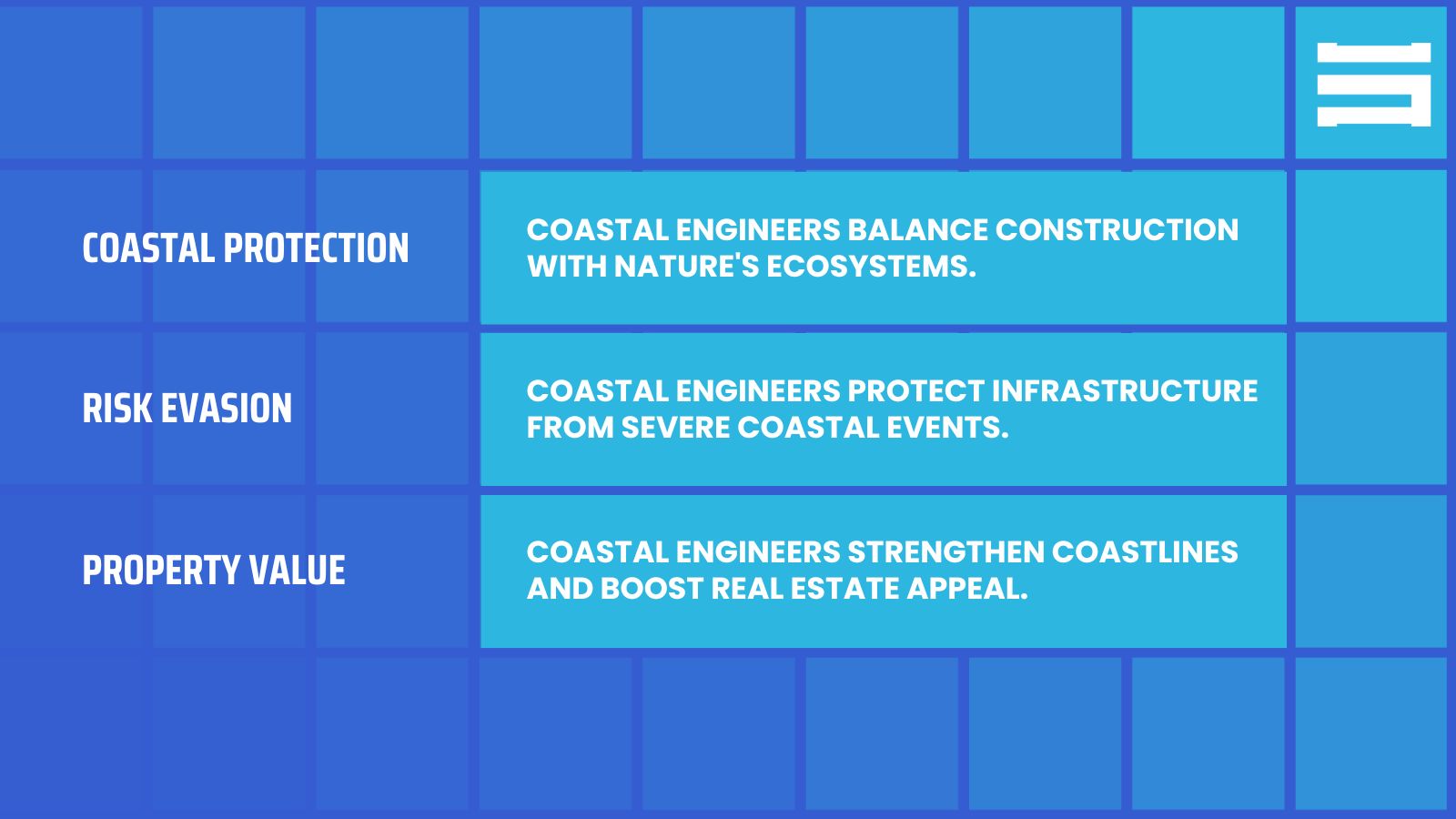
Coastal engineering consultancy has progressed significantly, driven by the need to address complex environmental conditions and urban development demands. Here’s how coastal engineering support and consultancy provide unique benefits for the construction industry:
- Coastal Protection and Sustainability:
Coastal engineers design projects to reduce erosion, prevent flooding, and protect natural habitats, ensuring that construction developments coexist harmoniously with the local ecosystem. By incorporating green engineering solutions such as living shorelines and soft barriers, coastal engineering companies promote sustainability, which is increasingly crucial in regulatory and community contexts. - Risk Evasion Management and Infrastructure Longevity:
Coastal engineering consultants play a pivotal role in assessing and mitigating risks associated with storm surges, tides, and wave actions. These services extend the lifespan of coastal infrastructure, enabling buildings, roads, and bridges to withstand extreme weather events with minimal repair or maintenance. - Enhanced Property Value:
By safeguarding the integrity of coastal areas, these engineering solutions can enhance the value of adjacent properties. Coastal structural engineering often includes aesthetically pleasing designs that harmonise with natural landscapes, thereby boosting the appeal and financial value of coastal real estate projects.
These benefits underline why consulting with a coastal engineering consultancy early in the planning phase is essential. Stonehaven’s coastal engineering support services, for instance, combine technical expertise with a thorough understanding of regulatory frameworks to provide clients with strategic solutions that align with their long-term goals.
The Different Approaches to Coastal Engineering in Construction
Effective coastal engineering in the construction sector requires various tailored approaches, especially in regions with unique coastal dynamics like the Gulf Cooperation Council (GCC) countries.
The following strategies are used by coastal engineers to protect and enhance coastal construction projects in the GCC, where arid climates, high salt content, and extreme weather conditions present distinct challenges.
1. Hard Engineering Solutions
Hard engineering solutions offer immediate and robust protection against coastal erosion, strong tides, and storm surges, essential in the urbanising GCC region, where extensive coastal infrastructure requires safeguarding from environmental impacts.
Seawalls
- Purpose: Built parallel to the coastline, seawalls protect inland areas from wave impact and erosion. In the GCC, seawalls are commonly used to shield coastal roads, residential developments, and industrial zones, ensuring vital infrastructure remains protected from wave-induced damage.
Breakwaters
- Purpose: Offshore structures designed to absorb and dissipate wave energy, creating calm waters around ports and harbours. Breakwaters are widely deployed in GCC ports and marina developments to minimise wave activity, supporting both commercial shipping and recreational activities essential to the region’s maritime economy.
Groynes
- Purpose: Structures built perpendicular to the coastline to trap sand and sediment, stabilising beaches affected by longshore drift. GCC nations often use groynes to preserve beach areas, which play a crucial role in tourism and coastal land stability, while also helping to counteract the effects of coastal erosion.
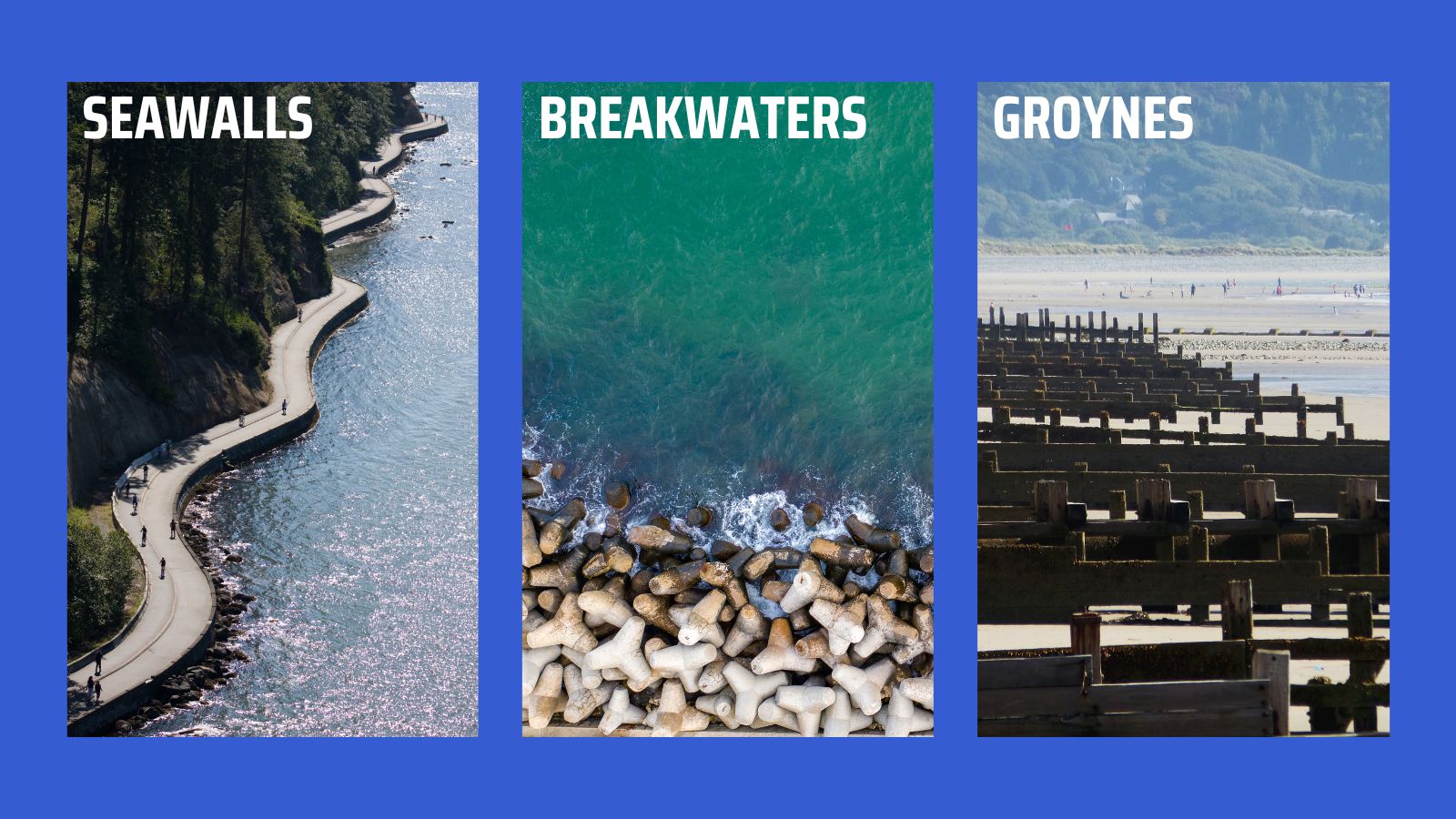
2. Soft Engineering and Nature-Based Solutions
Soft engineering leverages natural processes to stabilise shorelines, making it ideal for GCC countries that prioritise tourism, coastal accessibility, and environmental conservation. These approaches align with regional efforts to maintain the natural beauty and ecological integrity of coastlines.
Sand Dunes and Dune Stabilisation
- Purpose: Sand dunes act as natural buffers against high waves and storm surges. Stabilisation methods, like planting native vegetation, reinforce these barriers. Across the GCC, coastal dune stabilisation is frequently implemented near urban areas to protect both natural landscapes and built environments from coastal encroachment.
Beach Nourishment
- Purpose: Adding sand to depleted beaches to restore their width and height, which protects coastal infrastructure and supports tourism. Beach nourishment is a popular approach for maintaining the pristine condition of beaches in the GCC, which attract significant tourism and support local economies.
Living Shorelines
- Purpose: Using natural materials, such as vegetation or oyster reefs, to create barriers that stabilise shorelines and provide habitats for marine life. Living shorelines in the GCC offer a sustainable alternative to traditional hard barriers, enhancing both coastal resilience and biodiversity along developed shorelines.
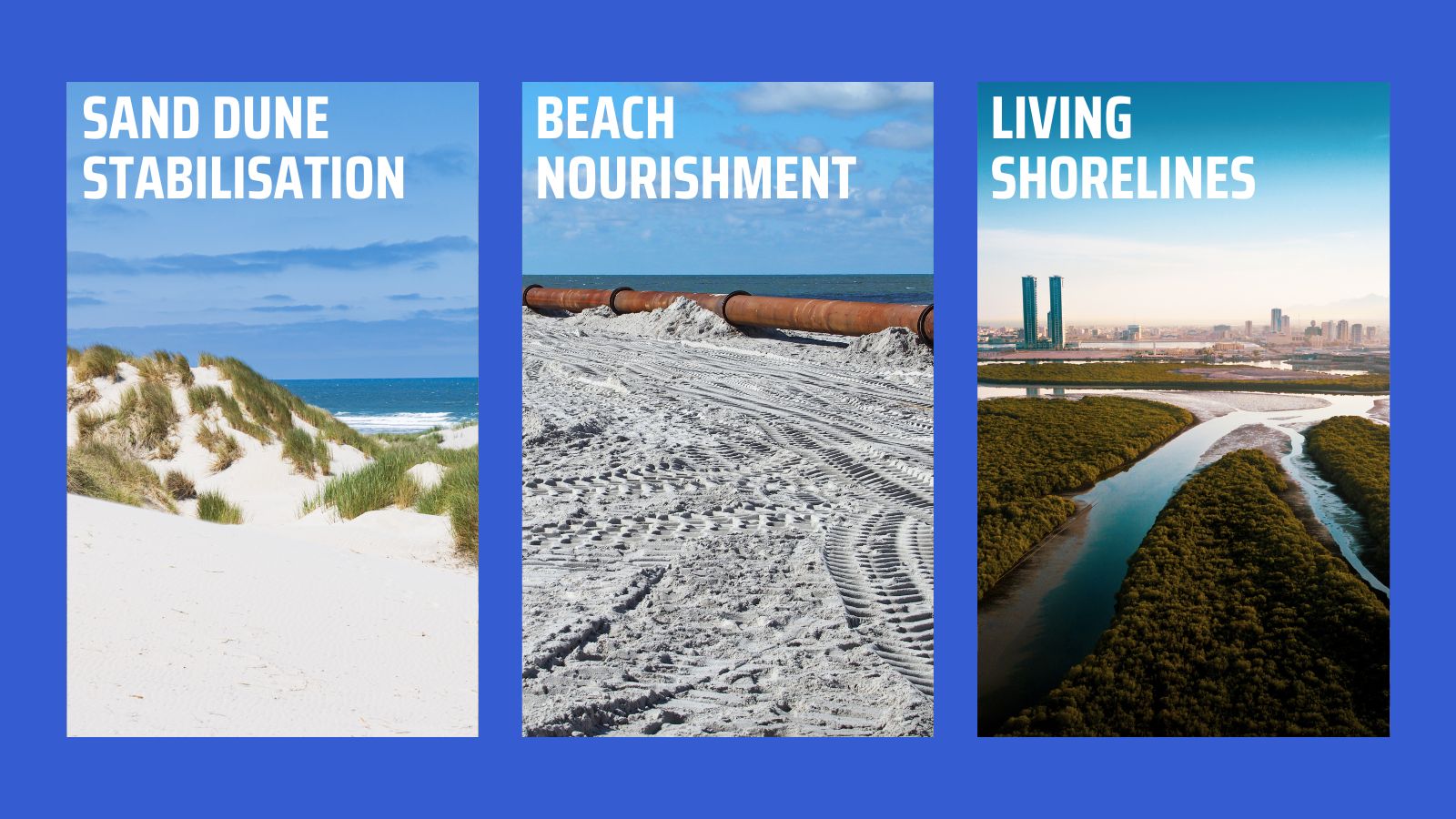
3. Hybrid Solutions
Hybrid solutions combine hard and soft engineering methods, providing both structural integrity and ecological benefits. These approaches are widely adopted in construction projects where sustainable coastal development is prioritised alongside rapid urban growth.
Artificial Islands and Reef Systems
- Purpose: Combining breakwaters and revetments with engineered coral reefs to reduce wave energy while supporting biodiversity. Hybrid solutions like artificial islands and reef systems are integral to GCC coastal planning, balancing tourism, urban expansion, and marine conservation in response to environmental challenges.
Eco-Friendly Revetments with Vegetation
- Purpose: Coastal revetments with eco-friendly materials and vegetation offer erosion control and visual appeal. These hybrid structures are commonly used to enhance the environmental sustainability of coastal developments, reflecting the GCC’s commitment to eco-conscious urban design.
4. Geotechnical Solutions
Geotechnical assessments are critical for GCC coastal projects due to unique soil and bedrock characteristics, which often exhibit high salinity and are prone to erosion. These solutions are foundational in ensuring stability for coastal infrastructure in regions with challenging environmental conditions.
Soil Stabilisation and Reinforcement
- Purpose: Techniques such as compaction, chemical stabilisation, and geosynthetics are used to strengthen soil and support structural stability in saline conditions. Soil reinforcement is frequently applied in GCC construction projects to prevent ground subsidence, especially in areas with high groundwater salinity and shifting sand.
Sediment Transport Analysis for Dredging
- Purpose: Understanding sediment movement to plan dredging projects that prevent excessive sedimentation and environmental impacts. GCC coastal developments often incorporate sediment transport analysis to optimise dredging operations, ensuring minimal disruption to natural sediment flow and protecting marine environments.
Rock Armour and Slope Stabilisation
- Purpose: Using rock armour to reinforce slopes and dissipate wave energy, protecting coastal roads and infrastructure from erosion. In the GCC, rock armour is widely employed along shorelines and coastal highways, offering long-term erosion protection to safeguard critical infrastructure against coastal and storm impacts.
What are the Challenges Faced in Coastal Engineering?
Despite its benefits, coastal engineering in construction faces several challenges that require innovative problem-solving and extensive expertise:
- Climate Change and Rising Sea Levels:
Rising sea levels pose a significant threat to coastal infrastructure, necessitating designs that account for future conditions. Coastal engineers must integrate adaptive solutions that anticipate sea-level rise and accommodate shifting shorelines, which often complicates project planning and increases costs that need to be monitored by cost management teams. - Environmental Sensitivity:
Coastal areas are home to diverse ecosystems that are vulnerable to human activities. Balancing infrastructure development with environmental conservation is a key challenge in coastal engineering. Projects often require meticulous planning, extensive environmental assessments, and adaptive designs to protect local flora and fauna. - High Costs and Maintenance:
Coastal structures, especially hard engineering solutions, can be expensive to build and maintain. Material costs, logistical constraints, and the need for specialised equipment contribute to high project costs. Additionally, these structures require routine maintenance due to constant exposure to saltwater, weather, and sediment build-up. - Community and Regulatory Opposition:
Some communities resist coastal engineering projects, particularly those involving large hard structures that may alter natural landscapes or limit beach access. Coastal engineering consultants must work closely with stakeholders to address concerns, engage in transparent communication, and ensure compliance with all relevant regulations.
These challenges highlight the complexity of coastal engineering and underscore the need for integrative solutions that balance technical, environmental, and social considerations.
Future of Coastal Engineering: Effects of Climate Change
The future of coastal engineering is shaped by innovation, adaptability, and a focus on sustainability, especially considering climate change. Key areas of development include:
- Climate Adaptation and Resilience:
As climate challenges intensify, coastal engineering will increasingly focus on creating resilient infrastructure to withstand rising sea levels and extreme weather. This includes adaptive designs that are flexible enough to handle future changes in coastal conditions. - Advanced Modelling and Predictive Analytics:
Technologies such as AI and machine learning are enhancing predictive modelling capabilities in coastal engineering. These tools enable more accurate forecasts of environmental impacts, helping engineers design efficient and resilient solutions. - Nature-Based Solutions and Ecosystem Integration:
Future projects will likely incorporate more nature-based solutions, such as living shorelines and mangrove plantations, to provide eco-friendly protection while enhancing biodiversity. These solutions are particularly relevant for regions aiming to integrate sustainability into their development plans, as seen in the GCC’s growing interest in ecotourism. - Increased Public-Private Partnerships:
Collaboration between governments and private sectors is expected to expand, allowing for shared resources in tackling large-scale coastal projects. These partnerships support the construction industry’s role in coastal protection and open avenues for funding and regulatory support.
With these trends, coastal engineering is set to play an increasingly pivotal role in mitigating the effects of climate change. Stonehaven provides strategic support and consultancy in these advancements, offering clients sustainable and innovative solutions to address evolving environmental challenges. (To read more about the latest global sustainability trends in construction please click here.)
Conclusion
In an ever-changing world, coastal engineering offers essential tools to protect and enhance coastal regions. For the construction industry, these solutions support both the physical and ecological resilience of coastal projects, ensuring infrastructure can endure environmental challenges while meeting sustainability standards. Stonehaven’s coastal engineering support services are designed to address the complex demands of shoreline management, offering clients a way to build responsibly and robustly in these vulnerable areas.
About us
Stonehaven is a trusted project management company and construction consultant based in Dubai, offering comprehensive construction management services across the UAE with offices located in Dubai, UK and Sri Lanka. As one of the leading project management companies in Dubai, we manage projects from inception to completion, ensuring quality, efficiency, and cost-effectiveness at every stage.
We deliver value through expert project management consultancy services, tailored to meet the unique needs of each client. Our core services include Cost Management, Project Management, Construction Supervision, Engineering Support, Design Support, and Marketing & Communications. Whether you’re looking for construction consultants or project managers in the UAE and wider GCC region, Stonehaven is your trusted partner for achieving excellence in your next project.
Trust Stonehaven for expert coastal engineering support and consultancy, offering guidance and solutions for coastal and marine projects. As a premier provider of consultancy services in coastal engineering, Stonehaven is dedicated to delivering resilient, sustainable, and environmentally conscious solutions. Our team of skilled coastal engineering consultants combines expertise with innovation, ensuring your project achieves its goals while respecting natural ecosystems.
Contact Stonehaven today to explore how our coastal engineering consultancy services can strengthen your construction project, aligning with both regulatory and environmental standards for a sustainable future.





